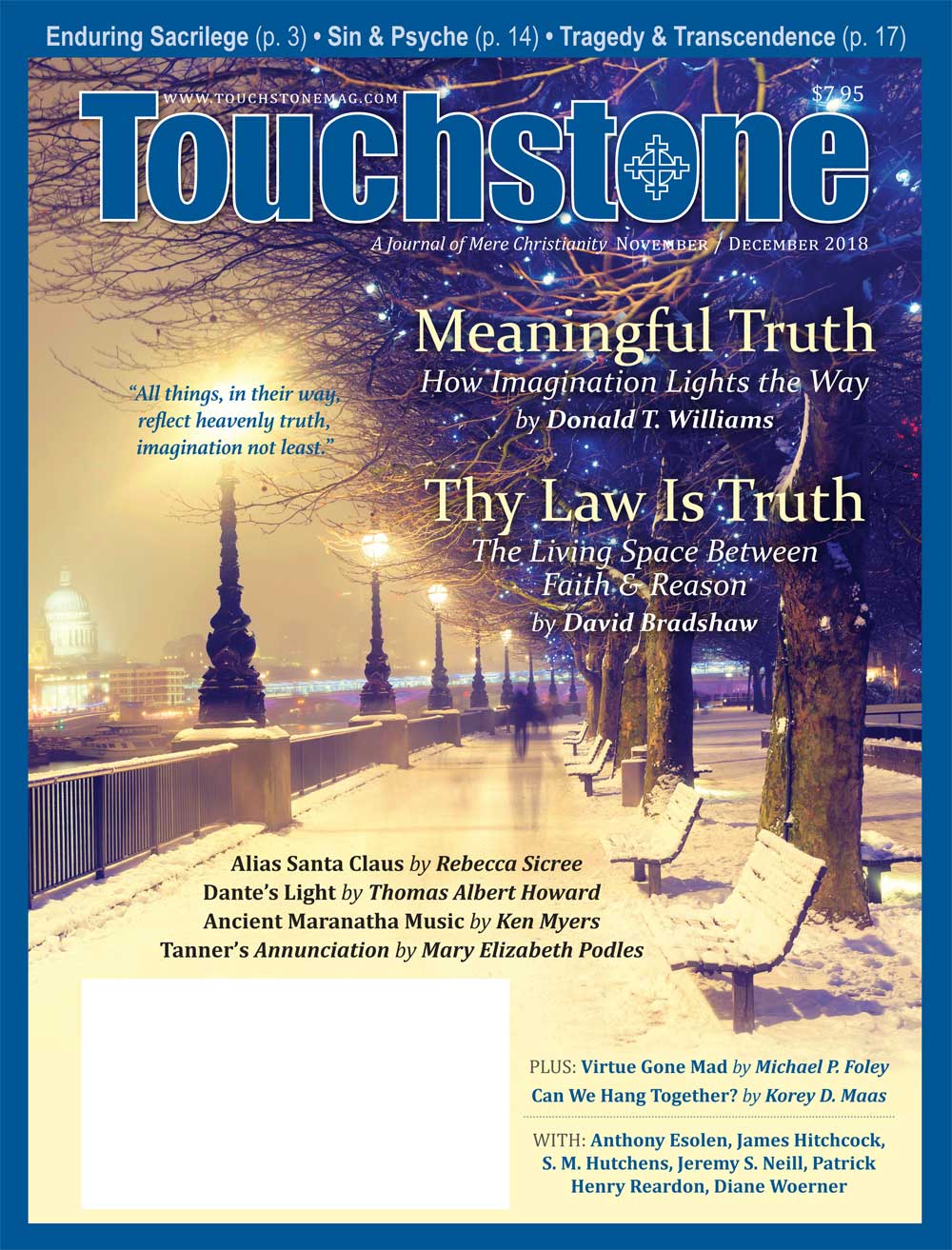View
Of Single Importance
Diane Woerner on the Church's Response to the Anti-marriage Tide
Until recent times, nearly every person who reached adulthood got married. But today roughly half of our adult population is unmarried. Two obvious factors contribute to this reality: the frequency of divorce and the normalization of cohabitation. But entwined with these trends is another strand that may not be as apparent—the significant delaying of marriage for those who still intend to marry, resulting in a sizeable demographic of "young singles." This presents the church with a unique ministry challenge and raises some important questions, including, how did we get here, how should we interpret where we are, and how do we best engage this reality?
Why So Many?
As with many of our modern social dilemmas, the roots can be traced to the radical cultural inversion of the 1960s and 1970s. Today's feminism began its unstoppable ascent in a restless female population that, thanks in part to the influx of household conveniences and the memory of working outside the home during the war days, found themselves increasingly bored with homemaking and childrearing. Betty Friedan then ignited this smoldering discontent with the suggestion that men lived the good life and were intentionally depriving women of that which would actually fulfill them.
Fast forward to today, when young women are given no hint that homemaking is even an option for them—at least not until they have some means whereby they can financially support themselves. They may work simply for a paycheck, or they may gain an impressive identity as a career woman, but in either case, modern womanhood has unknowingly removed a primary impetus for marriage: the need for a husband to be the provider.
But of course this is just one piece of a multi-faceted phenomenon. The following list suggests some of the other confluent causes.
• The harsh realities of so many failed marriages leave minimal modeling or optimism for marital success.
• Modern philosophies of childrearing make parenting more difficult.
• The lack of training for home-based skills such as cooking or making repairs increases the need for higher incomes to pay for these services.
• Similarly, the rising costs of education, housing, taxation, insurance, health care, and more can trap people into a job-centered existence.
• The pervasive priority of entertainment results in a perpetual "play" mentality, particularly in men.
Diane Woerner is a homemaker who lives near Centerville, Tennessee. Her website is www.bereansnotepad.com.
subscription options
Order
Print/Online Subscription

Get six issues (one year) of Touchstone PLUS full online access including pdf downloads for only $39.95. That's only $3.34 per month!
Order
Online Only
Subscription

Get a one-year full-access subscription to the Touchstone online archives for only $19.95. That's only $1.66 per month!
bulk subscriptions
Order Touchstone subscriptions in bulk and save $10 per sub! Each subscription includes 6 issues of Touchstone plus full online access to touchstonemag.com—including archives, videos, and pdf downloads of recent issues for only $29.95 each! Great for churches or study groups.
Transactions will be processed on a secure server.
more on sex from the online archives
more from the online archives
calling all readers
Please Donate
"There are magazines worth reading but few worth saving . . . Touchstone is just such a magazine."
—Alice von Hildebrand
"Here we do not concede one square millimeter of territory to falsehood, folly, contemporary sentimentality, or fashion. We speak the truth, and let God be our judge. . . . Touchstone is the one committedly Christian conservative journal."
—Anthony Esolen, Touchstone senior editor













